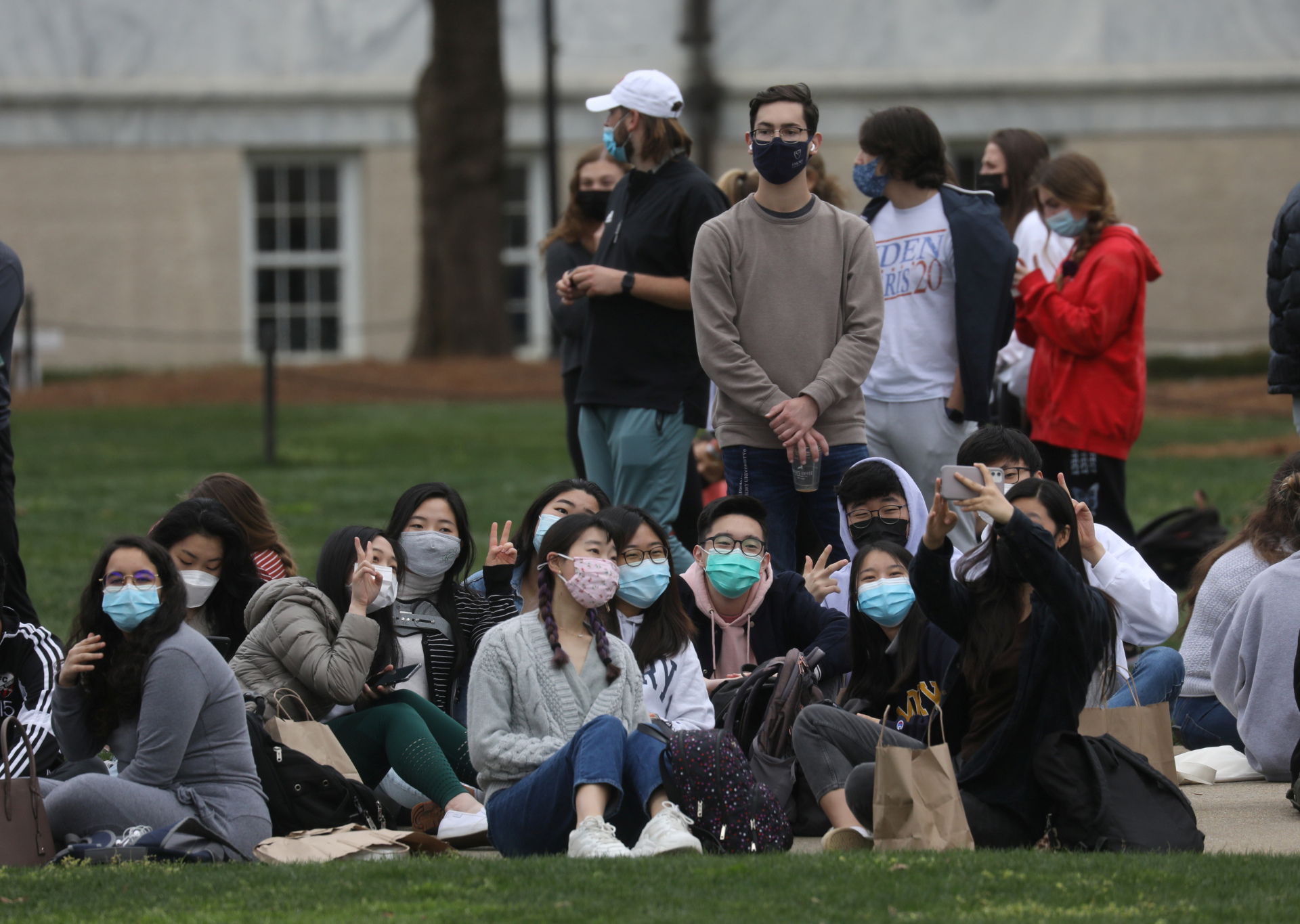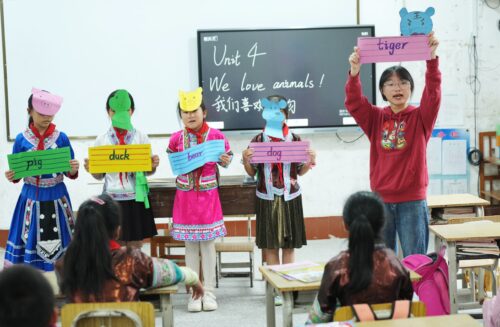Chinese study abroad facilitator Elite Education debuts on Wall Street with $6 million IPO
Even with harsh border restrictions between the U.S. and China, Elite Education’s IPO indicates that demand for overseas education remains resilient among Chinese youths.

Elite Education Group (EEG), an Ohio-based company that links Chinese university students with study abroad opportunities in the U.S. and other countries, began trading on Wall Street at $8 per share, raising $6 million in gross proceeds.
- The company closed trading at $4 per share, a 50% decrease from the initial public offering. With 8.7 million outstanding shares, it was valued just short of $70 million when trading commenced on Thursday.
Founded in 2013, Elite Education began as a partnership with Miami University in Ohio, one of the oldest public universities in the US, and high schools all over China. Using a network of “cooperative arrangements,” the company connects Chinese students with interested schools overseas and assists in their application and enrollment process.
- The English Language Center, the first partnership established between EEG and Miami University, provides students “access to the highest quality English as second language education possible,” according to their website. They receive 500 applicants a year.
- EEG plans to use the approximately $4.3 million from the initial public offering to expand into Canada, Southeast Asia, and the U.K.
- Last year, the company began working on another partnership with the University of North Umbria at Newcastle, U.K.
The number of Chinese students studying abroad in the U.S. has long defied the logic of geopolitical frictions.
- In 2019, a record 369,000 Chinese students were enrolled in American colleges including Xí Jìnpíng’s 习近平 own daughter. Last year, an admissions officer from an elite boarding school in Connecticut told The China Project: “We could have filled our whole class with Chinese students if we wanted to.”
- In June last year, Trump’s visa bans on Chinese students, along with the effects of COVID-19, sparked fears that this trend might come to an end. Months earlier, Republican Senator Tom Cotton said in an interview that the U.S. should “stop allowing hundreds of thousands of Chinese students to come to our universities, many of which are the children of Communist Party officials.”
Elite Education’s IPO seems to disprove the most cynical of these hypotheses: That souring relations between the two largest economies could permanently alter the flow of Chinese students studying abroad. Yet EEG’s expansion into other markets outside the U.S. may be an attempt to hedge against that very possibility. So far, though, interactions among American and Chinese students continue to look much more sanguine than those of top diplomatic officials.






